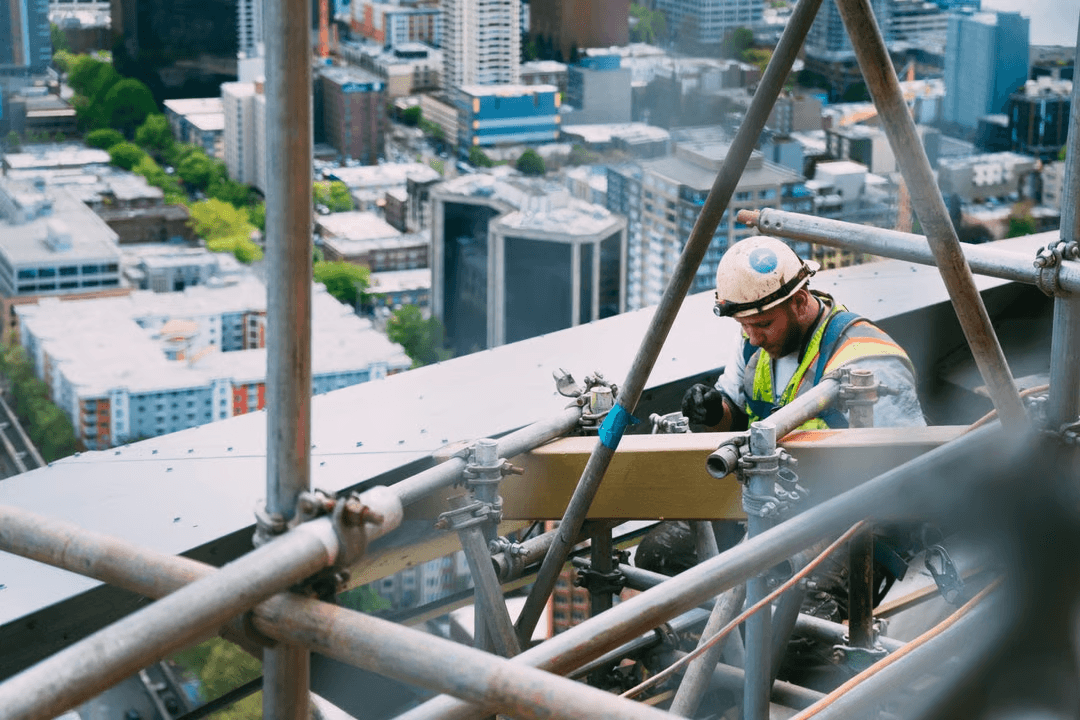
The pharmaceutical industry has undergone significant transformations in recent years, driven by advances in technology, changing consumer preferences, and the need for more efficient and cost-effective production methods. As a result, pharmaceutical construction companies king of prussia pa, and beyond, are playing a crucial role in shaping the industry's future. In this article, we'll explore the evolution of pharmaceutical construction, the current trends and challenges, and what the future holds for this dynamic industry.
Pharmaceutical construction companies have been at the forefront of the industry's growth and development, providing critical infrastructure and facilities for the production of medicines and vaccines. From the design and build of state-of-the-art manufacturing facilities to the renovation and expansion of existing sites, these companies have been instrumental in helping pharmaceutical companies meet the demands of a rapidly changing market.
One of the key drivers of the industry's growth is the increasing demand for specialty medicines and biologics. These complex products require highly specialized facilities and equipment, which pharmaceutical construction companies are well-equipped to provide. In addition, the rise of personalized medicine and precision medicine has led to a greater need for flexible and adaptable manufacturing facilities that can accommodate a wide range of products and production methods.
Another significant trend in the pharmaceutical industry is the shift towards more sustainable and environmentally friendly practices. Pharmaceutical construction companies are responding to this trend by incorporating green building principles and sustainable design elements into their projects. This not only benefits the environment but also helps to reduce operating costs and improve the overall efficiency of the facilities.
Despite these trends and advancements, the pharmaceutical industry still faces significant challenges. One of the biggest hurdles is the need for increased investment in research and development. Pharmaceutical companies are under pressure to develop new and innovative products, which requires significant investment in R&D. This can be a challenge for smaller companies, which may not have the resources to invest in the level of R&D required to stay competitive.
Another challenge facing the industry is the need for greater transparency and accountability. Pharmaceutical companies are under scrutiny from regulators, patients, and the general public, and there is a growing expectation for greater transparency and accountability in the industry. Pharmaceutical construction companies are playing a key role in helping companies meet these expectations by designing and building facilities that are designed with transparency and accountability in mind.
In addition to these challenges, the pharmaceutical industry is also facing significant changes in the regulatory environment. The FDA and other regulatory agencies are implementing new guidelines and regulations, which are designed to improve the safety and efficacy of pharmaceutical products. Pharmaceutical construction companies are working closely with regulatory agencies to ensure that their facilities and equipment meet the latest standards and guidelines.
Despite these challenges, the future of the pharmaceutical industry looks bright. With the increasing demand for specialty medicines and biologics, the need for sustainable and environmentally friendly practices, and the growing importance of transparency and accountability, pharmaceutical construction companies in King of Prussia, PA, and beyond, are well-positioned to play a critical role in shaping the industry's future.
In conclusion, the evolution of pharmaceutical construction is a complex and dynamic process that is driven by advances in technology, changing consumer preferences, and the need for more efficient and cost-effective production methods. Pharmaceutical construction companies in King of Prussia, PA, and beyond, are at the forefront of this evolution, providing critical infrastructure and facilities for the production of medicines and vaccines. As the industry continues to evolve, these companies will play a crucial role in shaping its future, and helping to meet the demands of a rapidly changing market.